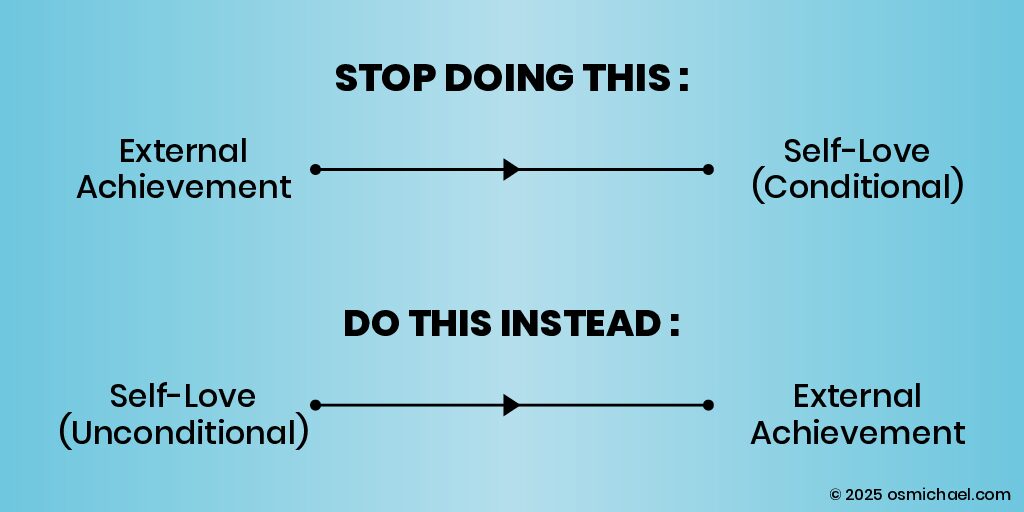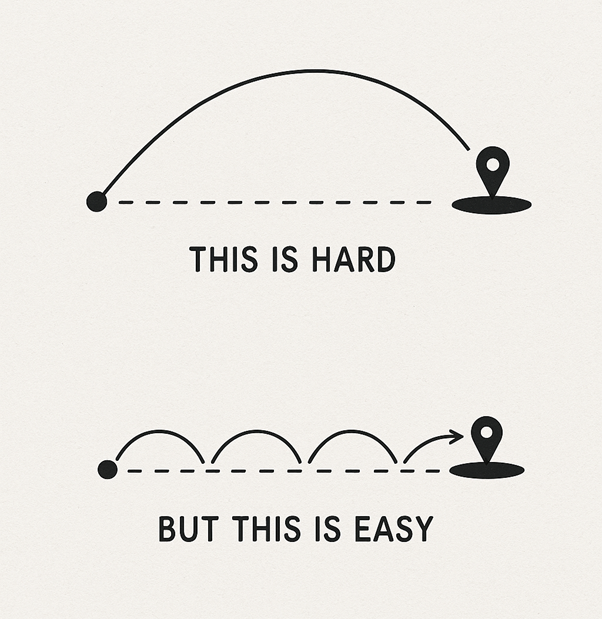If you are reading this, something inside you already knows: it is time for a change. Maybe anxiety has you in its grip. You may feel stuck, lost, or weighed down by old wounds you can’t quite name. You might not know what you need, only that your current life feels unsustainable.
Fortunately, you don’t need to have it all figured out to get started.
Psychotherapy offers a space of quiet presence in a noisy world. It is a space where your story can unfold without judgment, and healing becomes possible through reflection, honesty, and support.
In this guide, I will walk you through a clear introduction to psychotherapy: what it is, how it can help, and how to find a therapist that feels right for you. Whether you are just beginning to explore this path or are finally ready to take the first step, I hope these words offer reassurance and clarity. You are not alone on this journey.
You Are Not Weak for Needing Support
Anxiety, grief, and emotional pain are not signs of personal failure. They are signals. Signals that something in your life is asking to be heard, healed, or changed. Psychotherapy is one of the most powerful containers for that process.
In therapy, you enter a space that is yours. A space that accepts whatever arises. Where you can be seen without judgment, speak without interruption, and be met with empathy. Sometimes, just this experience alone begins the healing.
As you might discover, the heart begins to heal itself when it feels safe enough to speak.
What Is Psychotherapy?
Think of psychotherapy or therapy not as a quick fix but as a journey inward. It is a structured yet deeply personal process that helps you understand what drives your thoughts, feelings, and behaviors and offers the space and support to shift them in a way that brings relief and growth.
Where life often demands performance, therapy offers presence. It is one of the rare places where you do not have to filter, perform, or explain everything away. Instead, you are invited to slow down, reflect, and meet yourself with compassion.
A skilled therapist will walk alongside you as you make sense of your past, navigate the complexity of the present, and begin to imagine a future that aligns with your values and hopes.
Psychotherapy can help you:
- Make sense of emotional pain or trauma that still shapes your day-to-day experience.
- Recognize the patterns and limiting beliefs that keep you stuck and develop new, more empowering ones.
- Build emotional resilience and regulate your nervous system in moments of stress.
- Reconnect with your voice, your agency, and your sense of what is possible.
Though the process may involve looking back, the aim is not to dwell in the past. The goal is to understand what has shaped you so that it no longer controls you. Through that understanding comes the ability to move on and choose a new path in life, one that aligns with your values and dreams.
A skilled psychotherapist acts as a mirror, helping you see yourself more clearly – not as broken or flawed, but as whole and capable of healing.
Different Approaches: Which One Feels Right?
There is no one-size-fits-all approach to healing. The right form of therapy meets you where you are, honors your story, and helps you move forward with strength. Here’s a guide to four common and powerful approaches:
1. Humanistic Therapy
This gentle, affirming approach sees you as a human with unique worth, inner wisdom, and the capacity to grow. The focus is on creating a warm, non-judgmental space where you can reconnect with your authentic self, access self-compassion, and align with your values.
Humanistic Therapy is especially powerful if you are feeling disconnected, unheard, or unsure of who you are beneath the layers.
2. Existential Therapy
At its heart, Existential Therapy is about exploring life’s big questions: Why am I here? What matters to me? How do I face uncertainty, loss, or change? This approach empowers you to live more consciously, take responsibility for your choices, and cultivate a sense of meaning.
Existential Therapy is ideal for navigating life transitions, shifts in identity, or a crisis of purpose.
3. Cognitive Behavioral Therapy (CBT)
CBT focuses on the link between your thoughts, feelings, and behaviors. If you are struggling with anxiety, panic, or self-defeating habits, CBT offers practical tools to challenge distorted thinking, break reactive cycles, and build healthier patterns.
CBT is especially helpful if you find yourself caught in loops of anxious thinking, self-doubt, or unhelpful habits you just cannot seem to shake.
4. Psy-Coaching (Psychotherapy + Coaching)
If you are drawn to both inner healing and outward momentum, this hybrid approach might be the right fit for you. Psy-Coaching blends the self-awareness and depth of psychotherapy with the clarity, energy, and goal-setting of life coaching. You will work on healing the past while also creating a compelling vision for your future and taking meaningful steps toward it.
Each person’s path is unique. What matters most is that it feels right for you.
The Heart of Therapy: What Actually Makes It Work?
At the core of any successful therapeutic journey lies one essential ingredient: a sense of safety. Not just physical safety, but emotional safety. The security that allows your nervous system to soften, your guard to lower, and your truth to slowly emerge.
No matter how experienced or well-trained a therapist is, the most important question is this: Do you feel seen? Do you feel safe to be fully yourself in their presence?
When those conditions are met, healing becomes possible.
How to Choose a Therapist
Finding the right therapist begins with connection. Look for someone who helps you feel safe, understood, and supported. The therapeutic relationship is one of the most critical parts of the healing process. Here are a few things to keep in mind as you explore your options:
- Start with a free consultation if offered. Think of it as a warm introduction, not an audition.
- Ask about their approach. Do they use methods that align with what you’re looking for? Depth, structure, spirituality, practical tools?
- Share what you are going through and observe how they respond. Are they present with you? Do they listen with curiosity rather than jumping to fix?
- And most importantly, tune in to how you feel in their presence. Therapy is not just about insight. It is about relationships.
Different therapists have different styles. You deserve someone who makes you feel safe, not small. Seen, not judged.
Saying Yes to Yourself
Let’s be honest. Starting therapy takes courage. It is not easy to face ourselves, to trust another person with our pain, or to ask for help. But here’s the truth:
You don’t need to have everything figured out to begin. You only need to begin.
Even if the step you take feels small, it still matters. Even if fear is present as you move forward, you can still choose to take action. Even if you do not know what will come next, you can still begin.
Often, what we fear the most is being alone with our feelings. But you do not have to be. Support is available. And you are worthy of receiving it.
Are You Ready to Begin?
If something in this article resonated with you, pay attention to it. That inner response is meaningful. Part of you is ready for change.
You are not starting at the bottom. You are beginning with everything you have already survived. With the strength it took to keep going and the wisdom you have gained along the way.
Psychotherapy is not about becoming someone new. You uncover what you once buried, heal the wounds you carry, and create a life that genuinely feels like your own.
Consider this your invitation to take the first step.
I help people heal, grow, and create the life they deserve. Ready to begin? Book a Free No-obligation consultation now.
— O.S. Michael




